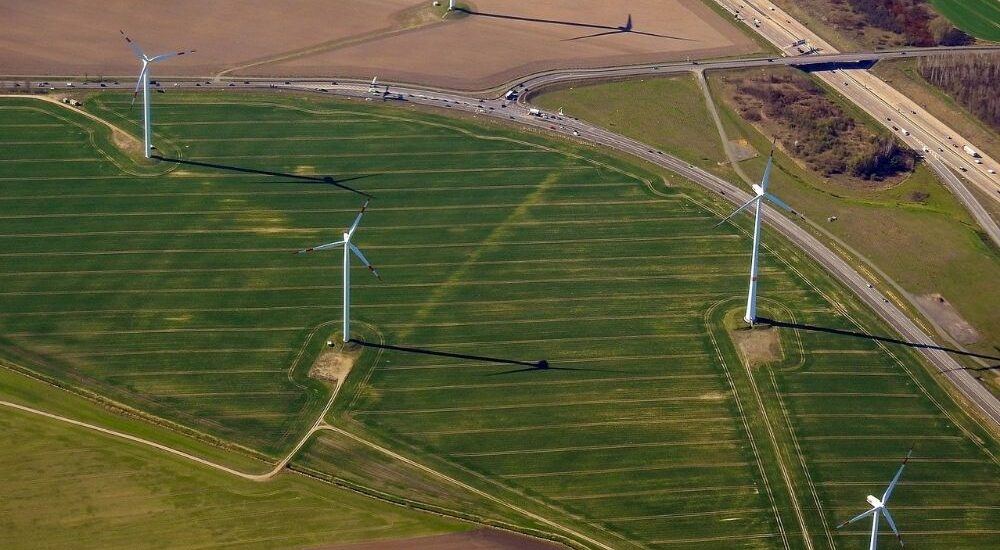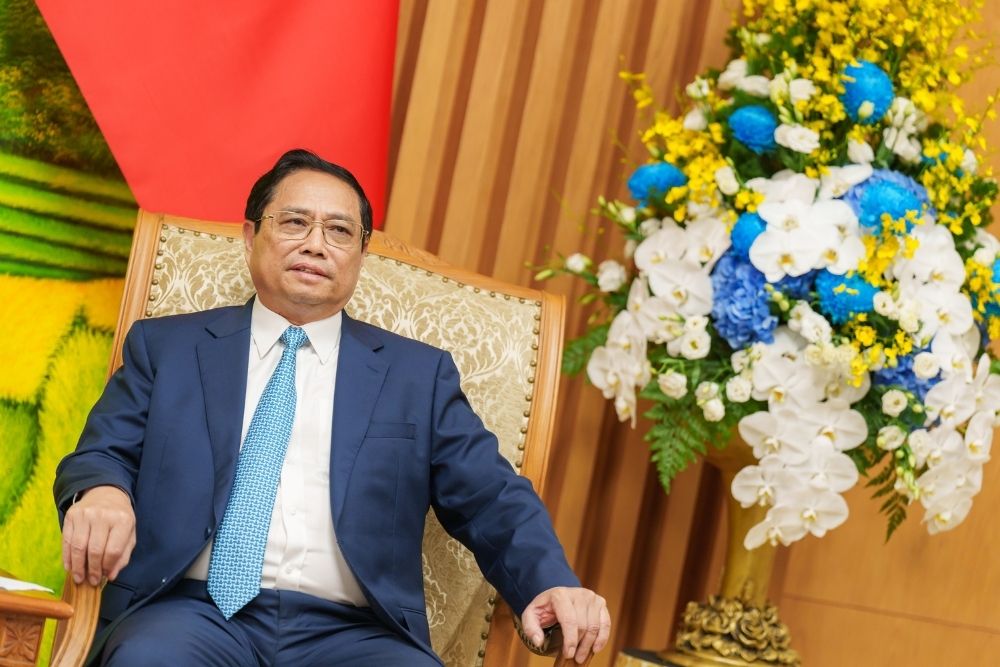Germany’s wind energy sector facing delays due to transport backlogs
- September 12, 2023
- Posted by: Quatro Strategies
- Categories: ESG & Renewable Energy, Europe, Sanctions & Regulation

Germany’s wind power expansion is facing significant delays due to a backlog of more than 15,000 applications for permits to transport heavy wind turbine components on the country’s roads. Wind power companies say that these delays are costing them thousands of euros per day and could add an extra €115 million in costs by the end of the year.
The delays in securing permits are threatening Germany’s goal to obtain 80% of its electricity from renewable sources by 2030, with 115 gigawatts expected to come from onshore wind. The cost of permits has also risen significantly, causing further financial strain on companies.
Transport permits are required to move heavy loads over bridges and highways. In some cases, structures and road signs need to be dismantled, and police escorts are required for certain loads, while others can only be transported at night. The complexity and rigidity of the permit system, as well as the lack of a single governing law, have contributed to the delays.
Germany’s wind power industry is calling for a standardized and largely automated permit process, similar to those in countries like the Netherlands and Denmark, where permits can be obtained in a matter of days or weeks.
The current system, which relies on outdated software and guidelines, has been unable to keep up with the growing demand for wind turbine transportation permits.
The German government has recently announced plans to reduce bureaucracy and speed up approval processes for construction projects, including wind farms.
However, these changes are not expected to take effect until the end of 2023, leaving wind power companies to contend with ongoing delays in the meantime.
Interested in learning more?
Sign up for Top Insights Today

Top Insights Today delivers the latest insights straight to your inbox.
You will get daily industry insights on
Oil & Gas, Rare Earths & Commodities, Mining & Metals, EVs & Battery Technology, ESG & Renewable Energy, AI & Semiconductors, Aerospace & Defense, Sanctions & Regulation, Business & Politics.


